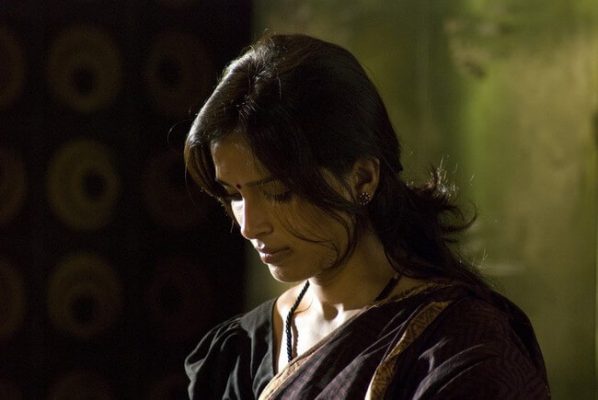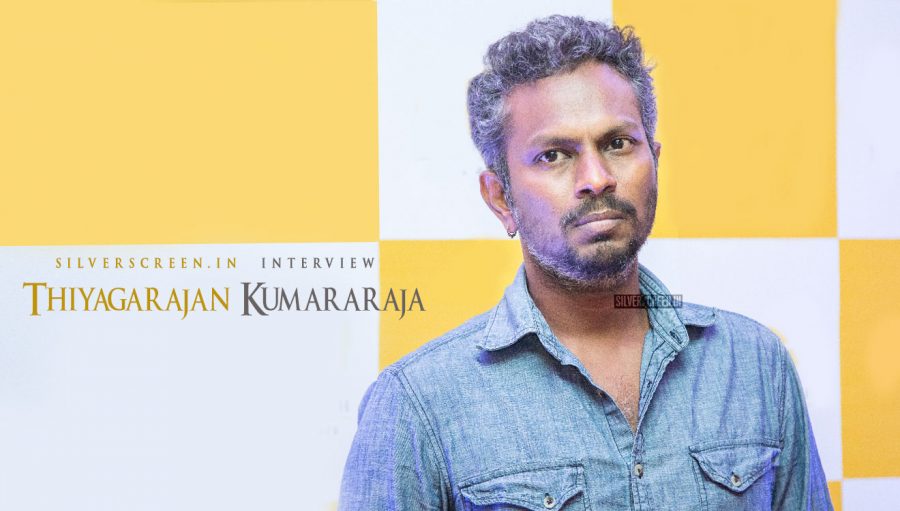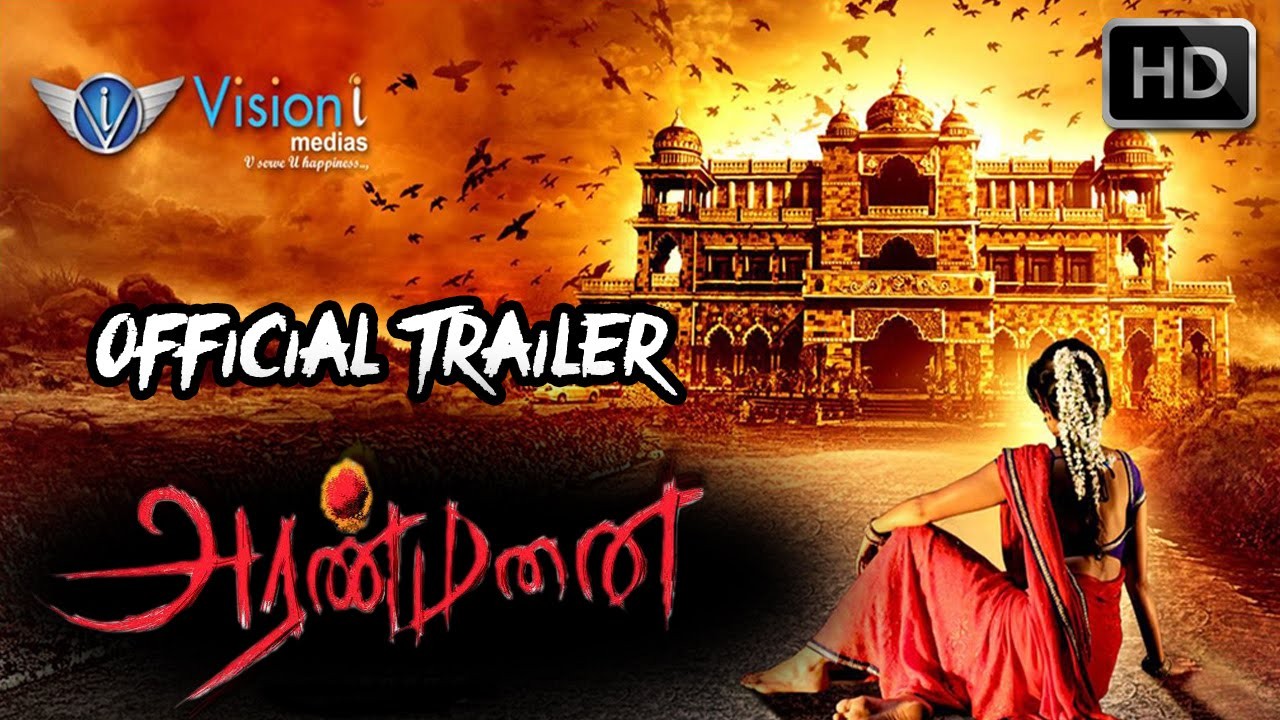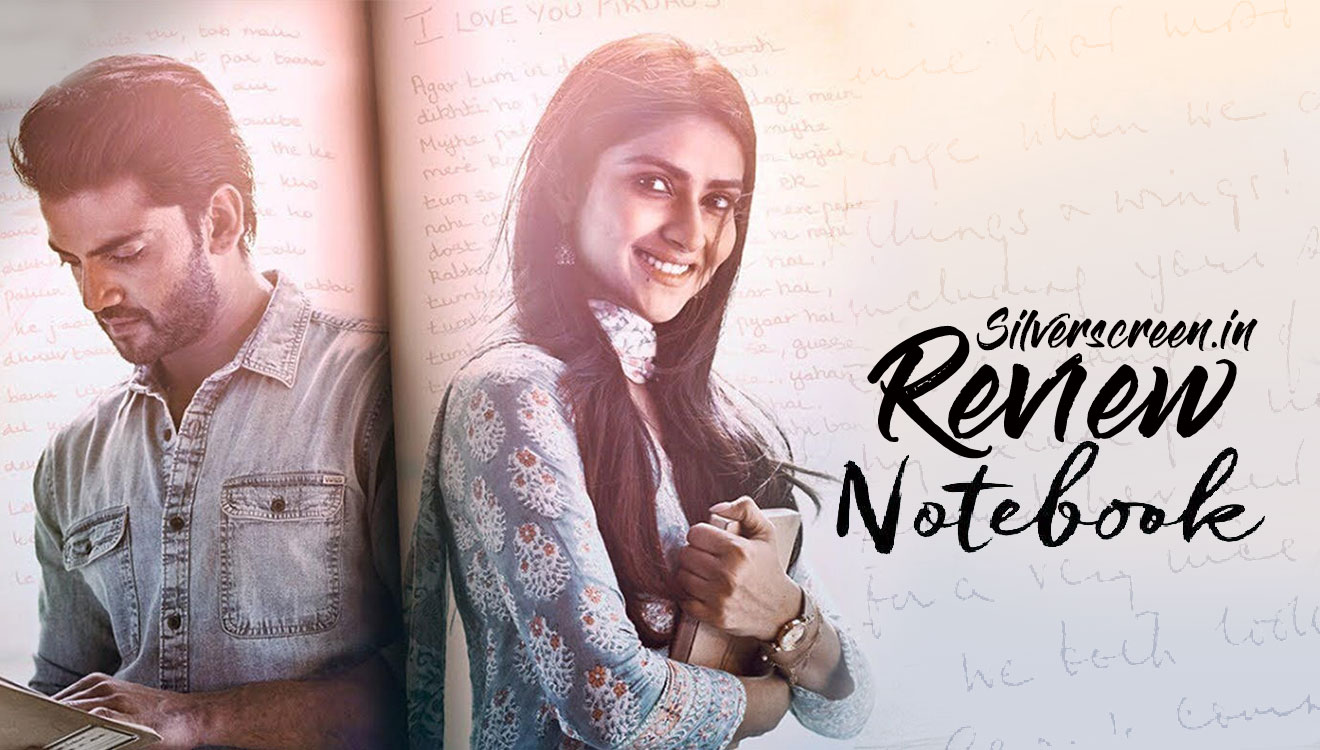In conversation with Silverscreen ahead of the release of his second film Super Deluxe, filmmaker Thiyagarajan Kumararaja says he doesn’t believe in labelling his cinema and that a good tale needn’t necessarily be righteous
Thiyagarajan Kumararaja wears profanity on his sleeve, delightfully so. The director of the much-acclaimed Aaranya Kaandam, now ready with his next film Super Deluxe, takes pains to ensure that the chat does not carry any false air of sobriety. Kumararaja, through his responses, lets you know where the irreverence of Aaranya Kaandam comes from. The director says he had only aspired to be a bus driver because it appeared ‘interesting.’ He can come up with one-liners that make you laugh: When talking about Super Deluxe, I generously tell him not to tell the story. “Not sure if I have done that in the movie either,” he quips.
When it released in 2011, Aaranya Kaandam took Tamil cinema by storm. Called Tamil’s first neo noir film, it arrived as a whiff of fresh air in a world populated either by crass commercialism or an overload of sentimentalism. While Kumararaja’s second film, Super Deluxe, has raised expectations with its trailer, the director, in our interview, says filmmaking is not about appeasing the audiences.
Excerpts:
What were you doing before Aaranya Kaandam?
Actually, nothing. I had done a couple of advertisements and had written dialogues for Oram Po. I also wrote a song for Vaa (Quarter Cutting) but by then AK was in post-production. I did try to work as an AD, but I couldn’t last more than ten days. It is something neither I nor the directors could be proud of.
How did you develop an interest in cinema?
Seriously, I never did. I have the same mind-set as anyone doing a monotonous job. You wouldn’t ask a clerk how he developed an interest in his job, would you? He would say, ‘why will I suffer this if I have another option?’
Did you know Aaranya Kaandam will emerge the cult classic that it is now?
I don’t know if Aaranya Kaandam is a cult classic. To be one, a film should have influenced many others. Take 16 Vayathinile for example. It was one of the earliest films to be shot outdoors, realistically. After that, many films followed suit. That was a cult classic. Nothing of that sort happened with Aaranya Kaandam. It did influence a couple of movies, but doesn’t qualify as a cult classic.

But Subbu was phenomenal in Aarayna Kaandam. She was one of the boldest women in Tamil cinema.
I agree she was. But consider Manju of Aval Appadithaan. Aaranya Kaandam released in 2011 and Aval Appadithaan in 1978. So before Subbu, there was a woman who was as revolutionary as her or even more. She was more phenomenal.
How did you conceive Aaranya Kaandam?
Some tell a story because they want to entertain while others have a message to pass on. Every filmmaker has an ambition. I wouldn’t call one better than the other. Why do I have to make a film? It is not for livelihood. In a country like India, you can somehow survive. I certainly wouldn’t starve, because my parents give me food. To me, art looks interesting. It is fun. When I watch a movie, I think I can make one too. It is blind courage. You had asked me what was I doing before AK and I told you a couple of things. In my entire thirty years of existence before Aaranya Kaandam, I told you of only six months. The rest was irrelevant. I think that is how a story should be chosen. It should be interesting and entertain. AK was born from that idea.
But like you also said, AK had no good or bad. It was brutally honest.
There are people who think that a movie should have some sort of righteousness to be qualified as good. I am not them. A member of the audience gives me her/his time. Someone has to spend at least five hours to watch a movie if you count the travel time. Besides that, they also give me money. I cannot treat it as a child’s play.
On an average, I consume five lakh human hours a day, and if I am going to deliver something ordinary, I think it is basically being dishonest. If a person thinks he had spent time well watching the movie than being at home, I would consider the movie a success – a justification of my art.
If a consumer thinks their time would have been spent better drinking tea, I have failed as a filmmaker. I don’t mind people saying they don’t like my film, but I don’t want them to say I have cheated them. I follow this rule.
You have spoken about it, but why did you take so long to come up with Super Deluxe? Did you feel you were out of touch with mainstream cinema?
I was trying to write. I first made a big budget script, gave up on it, worked on something else which also did not work out. Then I got an opportunity to do an advertisement based on the 100-year-old stop motion technology. It took about six months. By the time I had finished all this, Super Deluxe happened. If you think I was out of touch, maybe I was. But it was not deliberate. It is like waiting outside a doctor’s clinic. It is not a choice, you are being forced to wait. Maybe after Super Deluxe, I would consciously take a break. I need that time where I could be idle, without any responsibility. I am idle now, but I have some responsibilities.
Weren’t you worried about losing connect with the audience?
Cinema was not invented as a medium to keep the audience entertained. It was a scientific invention which later changed form. The first person who made cinema would not have thought of an audience. Only when it is commercialised, people start thinking about the pulse of audience etc. I personally think it doesn’t work that way in Tamil cinema. People think a film becomes a hit if released on days like Deepavali or Pongal. But we know what happens. If a film becomes a hit after a coconut is broken at the puja, there are two dozen films that follow suit. Such ‘calculations’ have not been entirely successful. To me this is important: That I spend effort to make a good movie, to entertain for that moment, to be coherent. Does it have something like a story? Have I justified the three hours a person spends in the theatre? If I can provide honest answers to these questions, I think the film is successful.
You are an equally good writer. What are the challenges you face while translating your words into visuals?
I think translating words into visuals only adds value. I know that I am writing for a film. I cannot write a sentence that goes, ‘his heart broke into a hundred pieces’. Obviously, I cannot show it visually, it will be absurd. So writing for film is different. Imagine I am describing a house in the setting, and I talk about a door. When you read the script, you will not know the colour of the door, I have to decide that when I am translating it into a visual narrative. To me, both writing and directing are daunting tasks. To create something out of nothing – not knowing how it will be and what kind of impact it will have. Imagine I have to write something that will make your left eye cry. I will have to find something that will focus on your left eye, then bring it into words and then make it visual. Isn’t that daunting? Ideally, I enjoy sitting idle.
You also seem to be an avid reader.
I am majorly into pulp fiction. I have been a voracious reader of Sujatha, Thamizhvaanan, Rajendra Kumar, Pattukottai Prabhakar, Devi Bala etc. Then I moved on to Prabanjan and Ki .Ra. Kalki is inescapable. I also read comics. In fact, there was a period in my life when I would only read Chandamama and Tinkle. Their world was so different. It had no threats, nothing would go wrong there. It was very reassuring.
Why the need to hire three more writers for Super Deluxe?
When I was working on that stop motion advertisement, friends began reminding me about making a film. I thought if the script was ready, I could start shooting right away. But I am the kind of person who could do only one thing at a time, and I was already involved in the ad project. I thought I could take help from certain people, and cross the hurdle. I have known Neelan since 2002. I spoke to him and he agreed. We had many other names in mind, some didn’t like the idea, and we couldn’t approach the others. I think Kamal Haasan’s dialogues are very good, but it would have been difficult to approach him because he is very busy. Then I asked Nalan, and he agreed. Mysskin also agreed almost immediately. There was one track left to be written and by that time, my project was over.
I said Subbu was phenomenal. How would Shilpa be?
I don’t discriminate between men and women, to me everyone came from the ape. Shilpa is a similar woman character. Subbu was the only woman in Aaranya Kaandam if one would count out the small character of Sampath’s wife. She had to balance all the men and in that sense, she was a superwoman. I expect Shilpa to be the same. We made sure Super Deluxe does not subscribe to clichés. We knew the trailer will be a hit and hope the film will be too.
Would you call yourself a director of a particular genre? Aaranya Kaandam was the first neo noir film in Tamil. What about Super Deluxe?
Recommended
I think a filmmaker shouldn’t be worried or believe in genres. I am a monkey, the biologist calls me Ramapithecus. I cannot call myself Ramapithecus and run about. The monkey doesn’t even know it is called monkey in English and ‘kurangu’ in Tamil. It lives its life. I am like that. I don’t believe in labels either. If I am going to call AK a neo noir film, someone would say it did not fulfill a particular requirement. Why bother? Let people decide what I am and what I give.
Super Deluxe releases on March 29.
*****
The Thiyagarajan Kumararaja interview is a Silverscreen exclusive.



